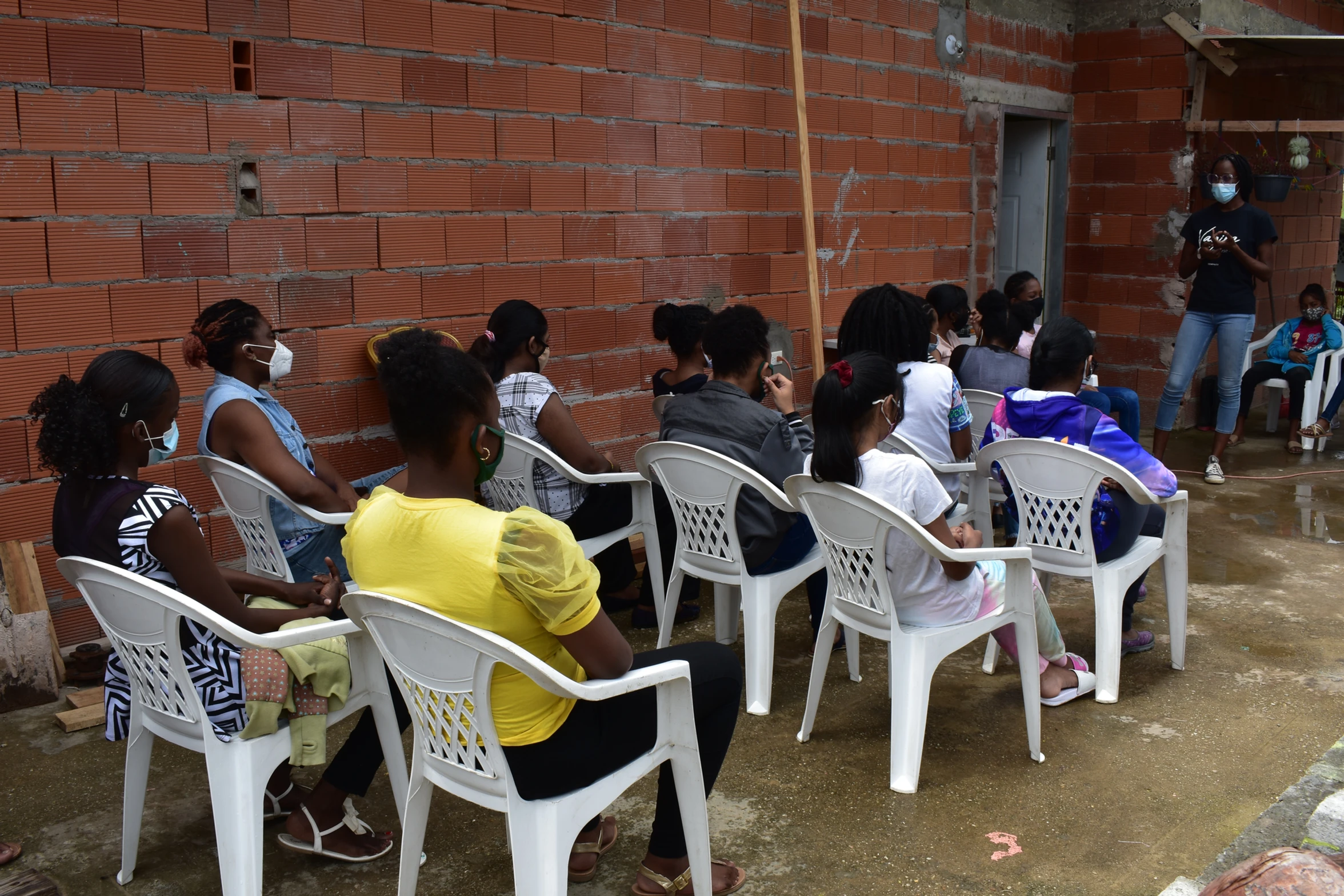Period Inclusivity: Gender Inclusive Menstruation by Apphia Barton
Updated: Oct 6, 2022
Oxford Languages, Google’s English Dictionary provider, i.e. the provider of Google’s definition search results online, prefaces the definition of ‘menstruate’ with the words ‘of a woman’ in parentheses. In the olden days, menstruation, or having a period, was tied to womanhood and femininity in ways that we now know to be limiting and as concocted as many other social norms and constructs. The definition rings true that to menstruate means to discharge blood (endometrial tissue) and other material from the lining of the uterus as part of the menstrual cycle, but not all women menstruate, and not all persons who menstruate are women.
A reminder: Gender identity is our internal experience and naming of our gender. It can correspond to or differ from the sex we were assigned at birth.
It’s time to broaden menstruation conversations to acknowledge our lived realities and shift away from its ties to womanhood and femininity. Having a period is not a feminine thing, and people of all genders menstruate, including non-binary people, agender people, and men. Again, not all women menstruate, and not all persons who menstruate are women. Menstruation is a biological process; another thing that some bodies do, regardless of gender.
When talking about periods, using inclusive language is important. Instead of menstruating women, instead say, people who menstruate. This not only ensures inclusion but also that menstruation is viewed as a biological function, a bodily function not ascribed solely to one or any other gender. For some people who menstruate, getting their period is a normal and okay part of being in their body, and for others it’s uncomfortable and even an actively distressing experience.
By acknowledging that other genders menstruate, we allow for all persons in need of access to period products, period care, and information to do so safely and openly. Periods happen to a lot of people and can be distressing enough without stigma and shame.
Gender influences our experiences of and access to different facets of healthcare, including access to period products and services. The way that health services are organized and provided can either restrict or enable a person’s access to healthcare information, support and services, and greatly affects the outcome of those encounters. By "ungendering" menstruation, everyone who needs to can safely and comfortably access the resources, support, and products needed during a menstrual cycle.
Health services should be affordable, accessible, and acceptable to all, and they should be provided with quality and equity.
The use of terms such as 'sanitary products' and 'feminine hygiene products' are ingrained into our society when discussing periods. This language holds a stigma by inferring that periods are unclean, foster a lack of inclusiveness in our society, is dangerous to our mental and physiological well-being, and holds us back
In most drugstores and supermarkets, the aisles with tampons and pads use labels that allude to femininity, such as “feminine care” and are not representative of the various bodies menstruating. To be more inclusive, we should use terms like period care or menstrual care. And if we think periods and period care are stigmatized for cis women menstruators, it's even more stigmatized for people who menstruate and who do not identify as cisgender women. No one should feel ashamed because of a biological process.
If you have been following FEMINITT for a while you know that safe and affordable access to period products is of vital importance. Safe Cycle is an ending period poverty programme ensuring data and service-driven advocacy toward creating a future free from menstrual inequity. You can read more about it here.
References
WHO Gender and Health - World Health Organization (WHO) from https://www.who.int/health-topics/gender#tab=tab_1
HEALTH & GENDER AFFIRMATION IN NSW - Trans Hub via: https://www.transhub.org.au/menstruation
How to alter your language around menstruation to be more inclusive - Patient Info: Health Information you can Trust, via: https://patient.info/news-and-features/how-to-alter-your-language-around-menstruation-to-be-more-inclusive
Feminitt Caribbean. 2021. Safe Cycle Report: Ensuring a Safe Menstrual Cycle and Menstrual Equity. Trinidad and Tobago: Feminitt Caribbean.
Apphia Barton is a young feminist from Trinidad and Tobago. She is a finance professional by day and a freelance writer, editor, and lover of all things literary by some of the day and all of the night.

